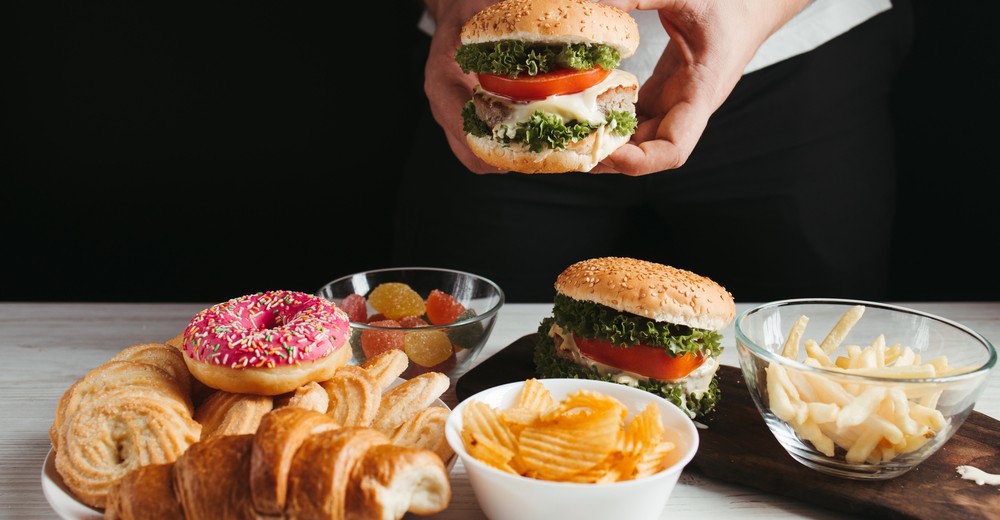Cheat meals—those planned indulgences in pizza, ice cream, or burgers—are a hot topic in fitness and nutrition. Some swear they boost metabolism, while others worry they derail progress. But what does science say?
This article explores:
✔ What cheat meals are and how they affect your body
✔ The psychology and physiology behind cheat meals
✔ Pros vs. cons—do they help or hurt fat loss?
✔ How to cheat smartly without sabotaging your diet
What Are Cheat Meals?
A cheat meal is a controlled break from a strict diet, where you intentionally eat foods normally avoided. Unlike a cheat day (which can lead to overeating), a cheat meal is a single, planned indulgence.
Cheat Meal vs. Cheat Day: Key Differences
| Aspect | Cheat Meal | Cheat Day |
|---|---|---|
| Duration | One meal | Full day of indulgence |
| Metabolic Impact | Minor effect | Higher risk of calorie overload |
| Best For | Psychological relief | Rarely recommended |
The Science Behind Cheat Meals
How Cheat Meals Affect Your Body
- Leptin Boost (The “Fullness Hormone”)
- Prolonged dieting lowers leptin, slowing metabolism.
- A high-calorie meal temporarily raises leptin, signaling your brain to burn more calories (study: NIH, 2002).
- Prevents Metabolic Adaptation
- After weeks in a calorie deficit, your body slows metabolism to conserve energy.
- A cheat meal can “reset” metabolic rate, helping avoid plateaus (Journal of the International Society of Sports Nutrition, 2014).
- Psychological Benefits
- Reduces diet fatigue and cravings.
- Makes long-term dieting more sustainable.
Potential Downsides of Cheat Meals
❌ Can Trigger Overeating (especially for those prone to binge eating).
❌ May Disrupt Gut Health (sudden junk food can harm gut bacteria).
❌ Could Slow Progress if too frequent or excessive.
How to Use Cheat Meals Strategically
1. Time It Right
- Best after a workout (when glycogen stores are depleted).
- Limit to once a week for most people.
2. Keep Portions in Check
- Enjoy one slice of pizza, not the whole pie.
- Opt for smaller indulgences (e.g., a scoop of ice cream vs. a sundae).
3. Choose “Smart Cheat” Options
✅ Dark chocolate (70%+ cocoa) – Less sugar, more antioxidants.
✅ Homemade burgers – Use lean meat & whole-grain buns.
✅ Sweet potato fries – Better than regular fries.
4. Balance Before & After
- Eat high-protein, high-fiber meals around your cheat meal.
- Stay hydrated to minimize bloating.
5. Listen to Your Body
- If cheat meals trigger cravings, reduce frequency.
- If they help adherence, use them wisely.
Cheat Meal Myths Debunked
❌ Myth: Cheat meals boost metabolism long-term.
✅ Fact: Only a short-term (24-48 hr) leptin increase.
❌ Myth: You must cheat to avoid “starvation mode.”
✅ Fact: Structured refeeds (controlled carb increases) work better.
❌ Myth: Cheat meals burn fat.
✅ Fact: They don’t directly burn fat—they prevent metabolic slowdown.
Final Verdict: Should You Have Cheat Meals?
✔ YES if:
- You have strong self-control.
- You’re in a prolonged calorie deficit.
- It helps you stick to your diet long-term.
✖ NO if:
- You struggle with binge eating.
- You’re in a short-term cut (e.g., 4-week challenge).
- You feel guilty afterward.



